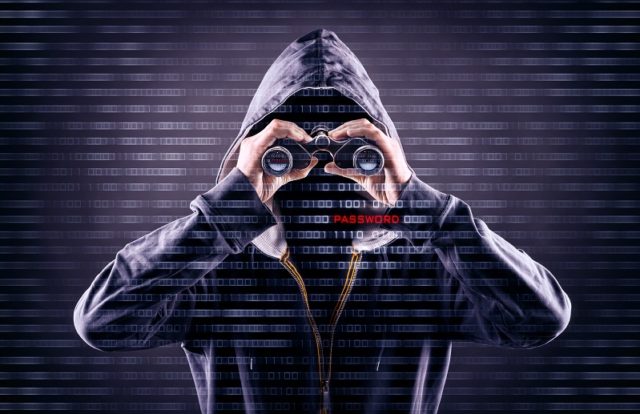
With digitalization at its peak, the internet is flooded with a copious amount of sensitive information. Besides following basic security measures, online users must adhere to additional precautions to secure their private information online. Cybercriminals have become more creative, leveraging different kinds of online attacks to pilfer sensitive data. One of the identity threats that users frequently encounter online is Doxing.
What is Doxing?
Doxing is an online attack used by identity stealers to harvest personally identifiable information (PII) and expose it online or use it for fraudulent activities. A doxer often tries to humiliate victims or threaten to leak their private data online. In doxing, information like name, contact details, social security number, home address, employer details, credit card numbers, bank account numbers, personal images, and social media profiles are often exposed or compromised.
How Doxers Harvest Users Data
It would be a surprise to many victims to know how hackers/doxers obtain their sensitive data without their consent. Most of the information could be harvested from your online platforms such as social media profiles or messaging forums, or through data breaches, stalking, phishing attacks. In addition, attackers approach third-party data brokers, who trade user data for monetary benefits.
Doxing Incidents
Threat actors and online abusers often dox celebrities and misuse their data to fulfill their malicious intent. For instance, Rap star Cardi B claimed that supporters of former president Donald Trump doxed her after she expressed her views online. The supporters reportedly posted Cardi B’s home address online and threatened to set her residence on fire.
Recently, Colorado State banned doxing of public health care workers due to the rise in online harassment.
Doxing Mitigation
Data privacy experts from Kaspersky have recommended certain online security practices that help prevent data privacy issues like doxing. These include:
- Be conscious of which personal data you share and with whom, as well as how much you trust them.
- Be mindful of who you share your data with and when.
- Think before you post. Be accountable for what you share. Every time. Even if your account is closed.
- Understand which messengers are safe and which ones have end-to-end encryption.
- Make sure that you do not show your personal data on the photos you share.
- Use abstract geotags if any at all. Do not tag photos with specific locations that you visit regularly.
Though the internet gives us space and freedom to publish our data, it is our responsibility to maintain robust online security practices to prevent various online threats like doxing.















